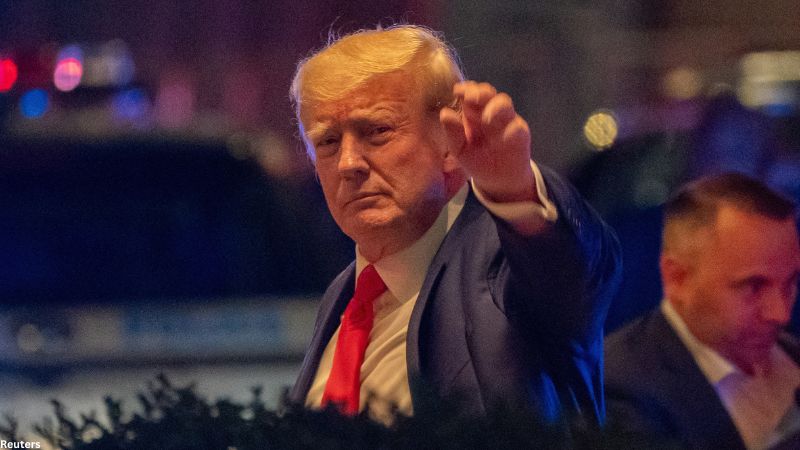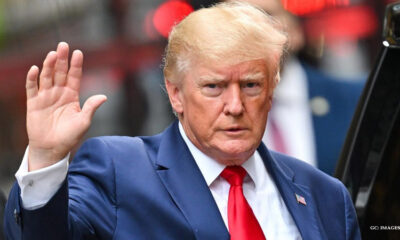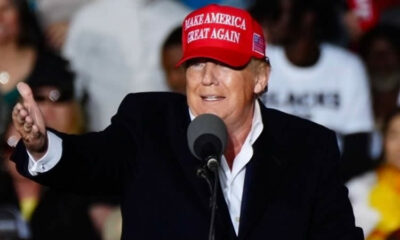Politics
Trump Revives 1798 Law, Sparks Warrantless Raid Fears
President Donald Trump’s recent invocation of the centuries-old Alien Enemies Act of 1798 to target alleged Venezuelan gang members could potentially allow federal agents to enter homes without a warrant, raising alarms among legal experts and civil rights advocates, The New York Times reported Thursday.
Last week, Trump signed a presidential proclamation activating the little-used wartime law as part of a crackdown on Venezuelan nationals the administration claims are tied to the notorious Tren de Aragua gang. The Justice Department, interpreting the statute alongside historical precedent, believes it could authorize federal officers to search private residences without a court-issued warrant if they suspect occupants are linked to the gang.
“The government does not need a warrant to enter a home or premises to search for people believed to be members of that gang,” the Times reported, citing senior administration officials.
While it remains unclear whether the Trump administration will fully adopt that interpretation, the legal possibility has sparked widespread concern. Civil liberties advocates warn that such an unprecedented peacetime application could erode constitutional protections and set a dangerous precedent.

“The Fourth Amendment applies to everyone in the U.S., not just individuals with legal status,” said Christopher A. Wellborn, president of the National Association of Criminal Defense Lawyers. “Ripping that right away from Americans would be an abuse of power that destroys our privacy, making Americans feel unsafe and vulnerable in the places where our children play and our loved ones sleep.”
The Alien Enemies Act has only been used three times in U.S. history, all during declared wars—including World War II, when it was employed to justify the internment and surveillance of German, Italian, and Japanese citizens. Legal scholars have long criticized the law as being ripe for abuse, particularly if used outside of wartime.
Vanderbilt University law professor Christopher Slobogin told the Times that applying the statute now “undermines fundamental protections that are recognized in the Fourth Amendment, and in the due process clause.”
Adding to the legal confusion, the administration has not publicly outlined how it determines who qualifies as a member of Tren de Aragua. Critics argue the sweeping nature of the law and lack of transparency could lead to misuse and wrongful targeting. As Trump continues to expand executive power under the guise of national security, constitutional scholars say the country may be entering uncharted legal territory.



























